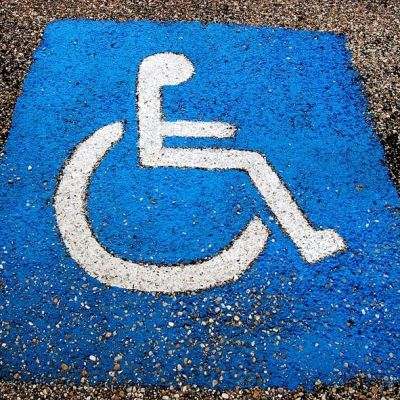Seasonal Businesses and the FLSA In response to the effect of COVID-19 on seasonal businesses, the U.S. Department of Labor…
Work History and Your Social Security Disability Claim: The circumstances that lead someone to apply for Social Security Disability Insurance…


